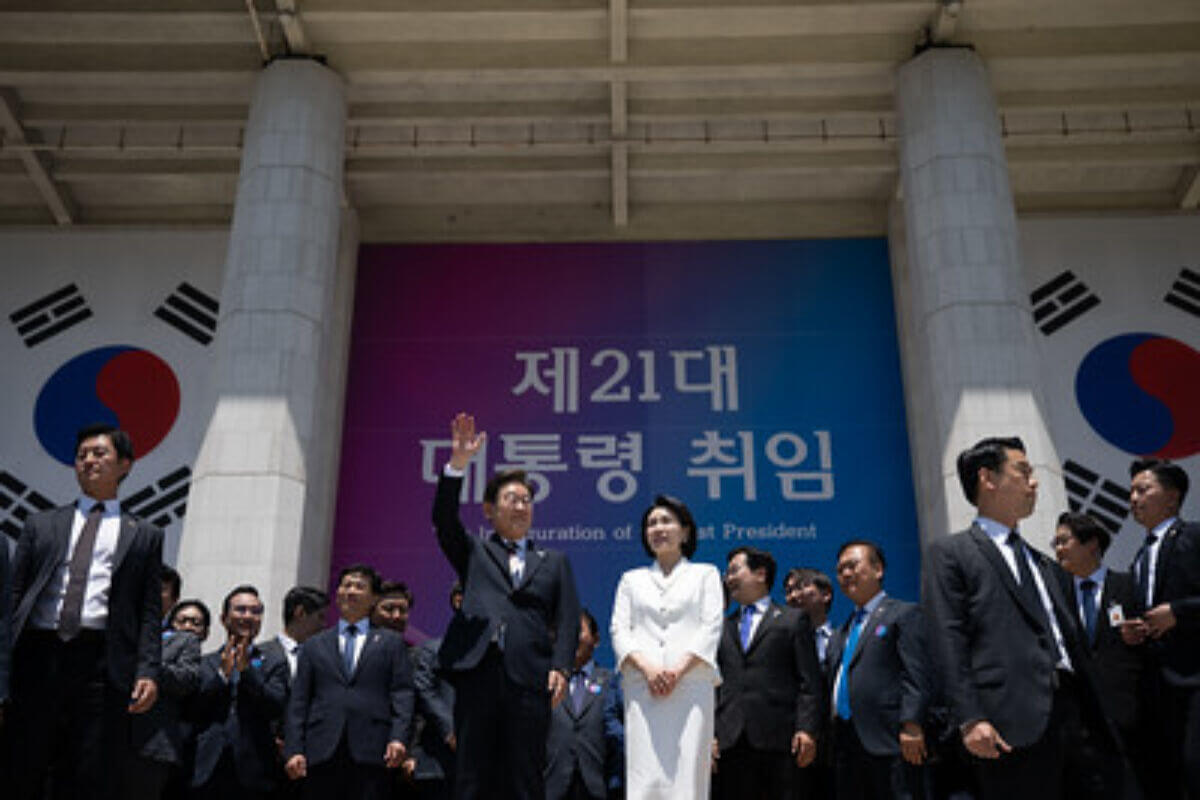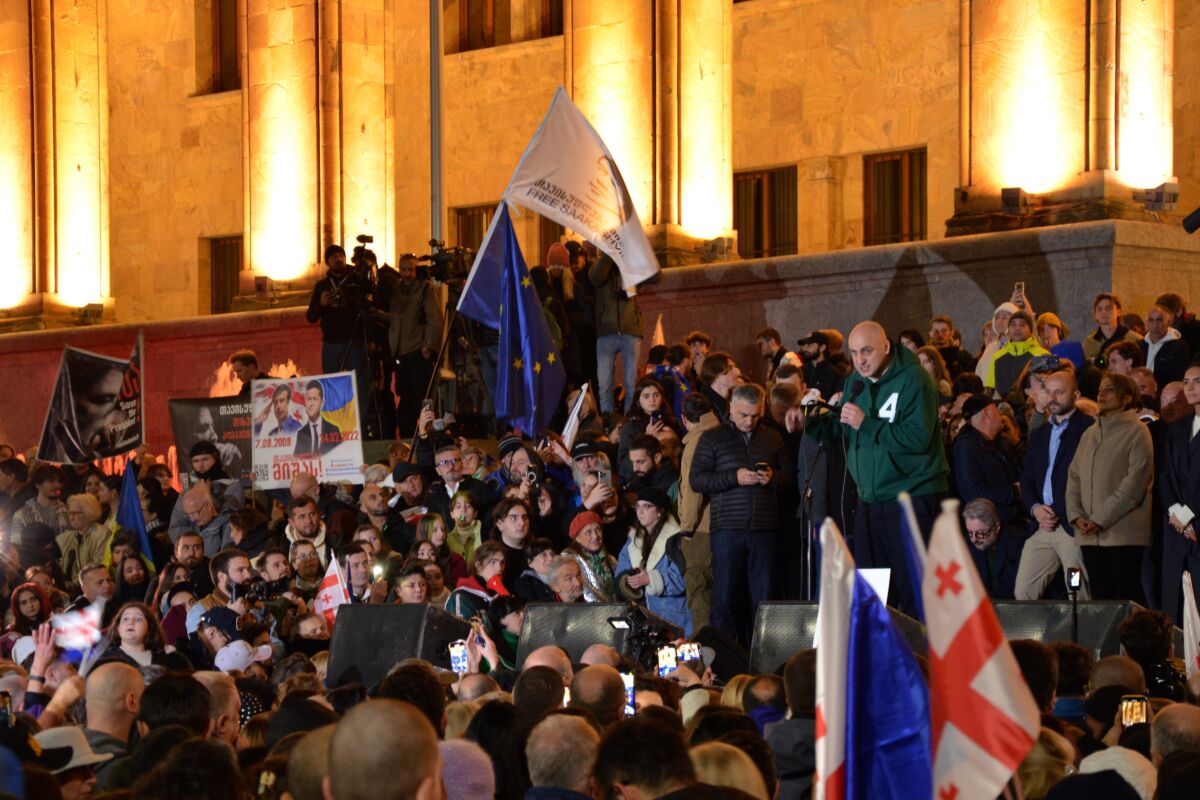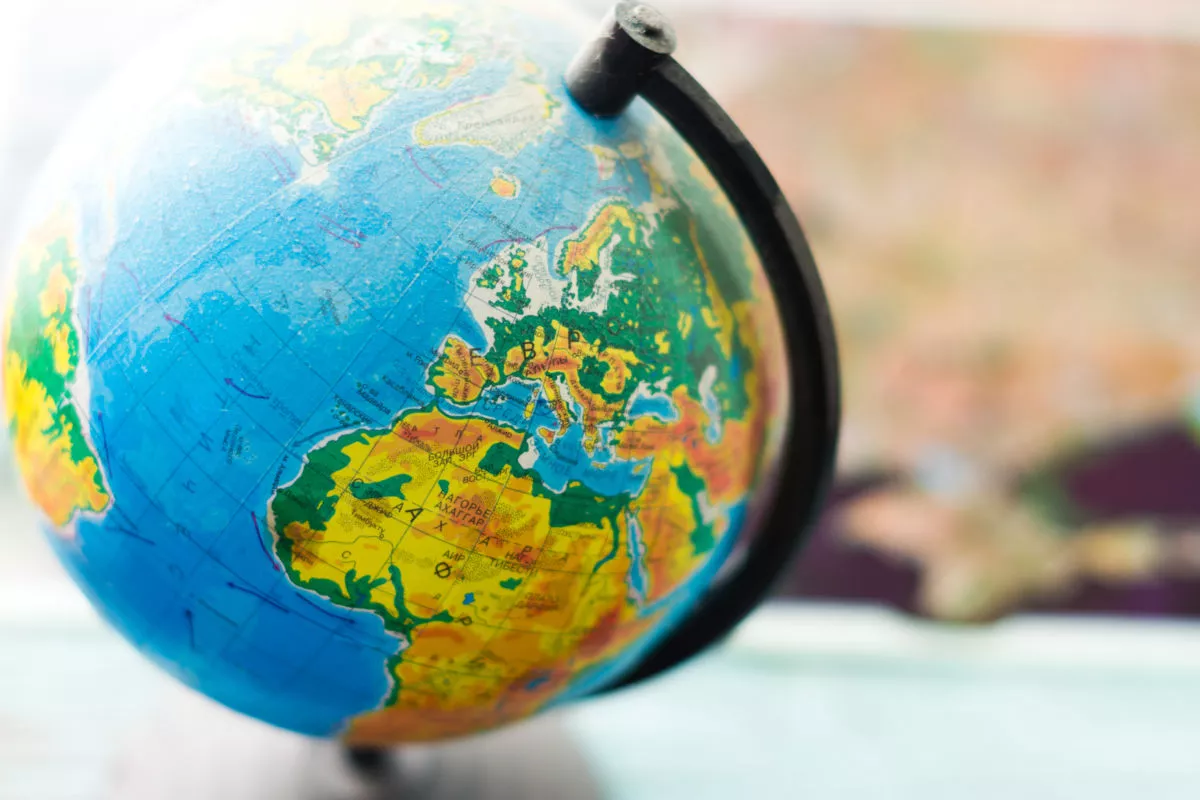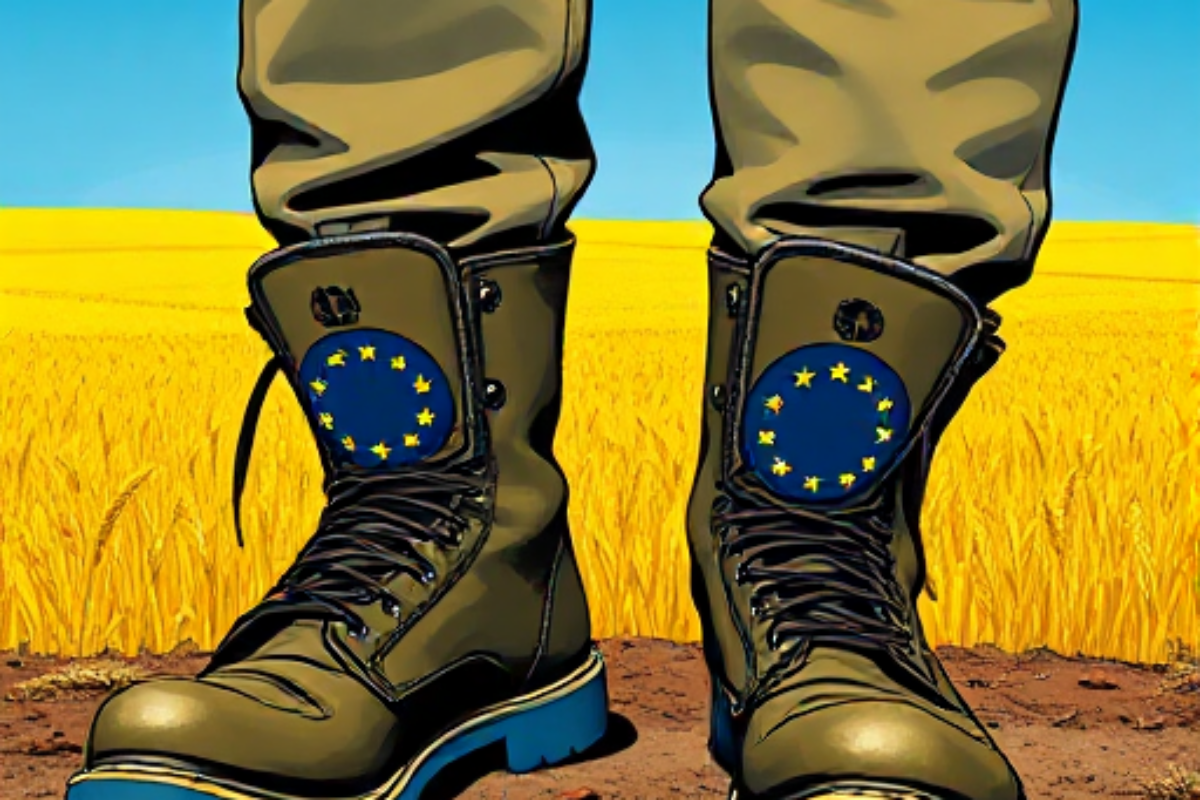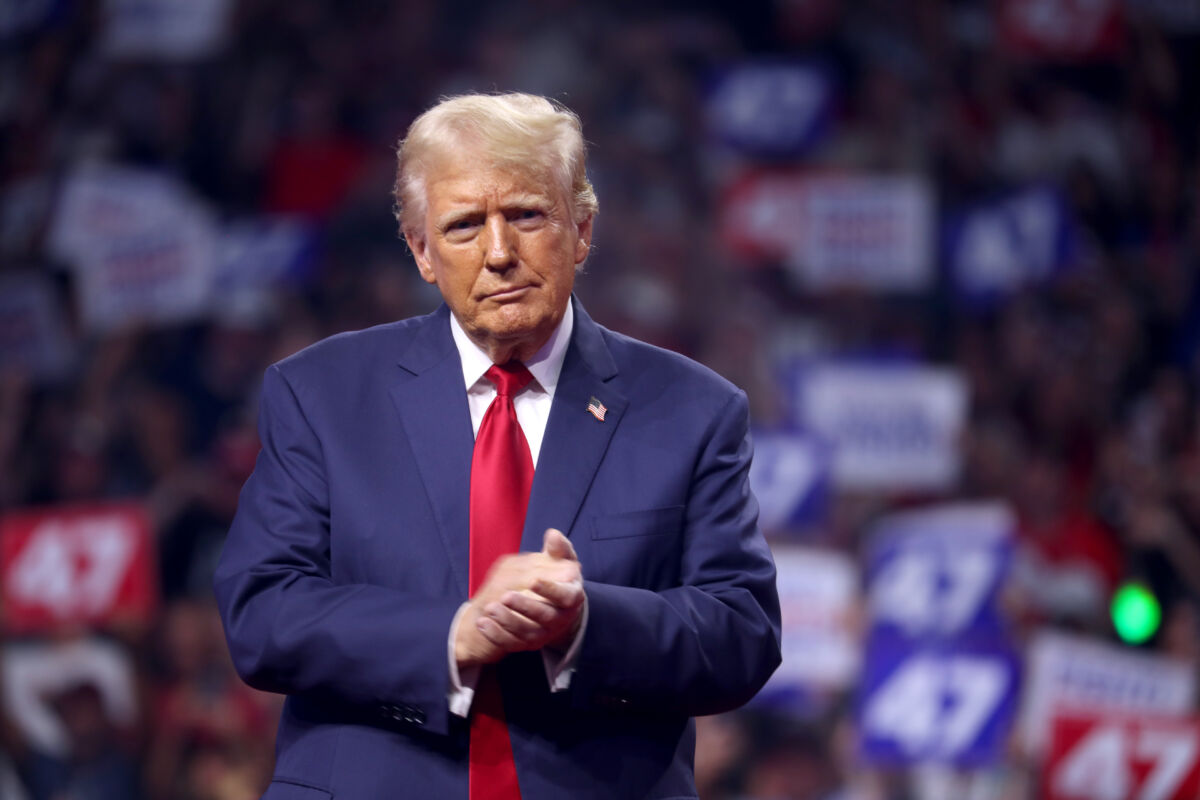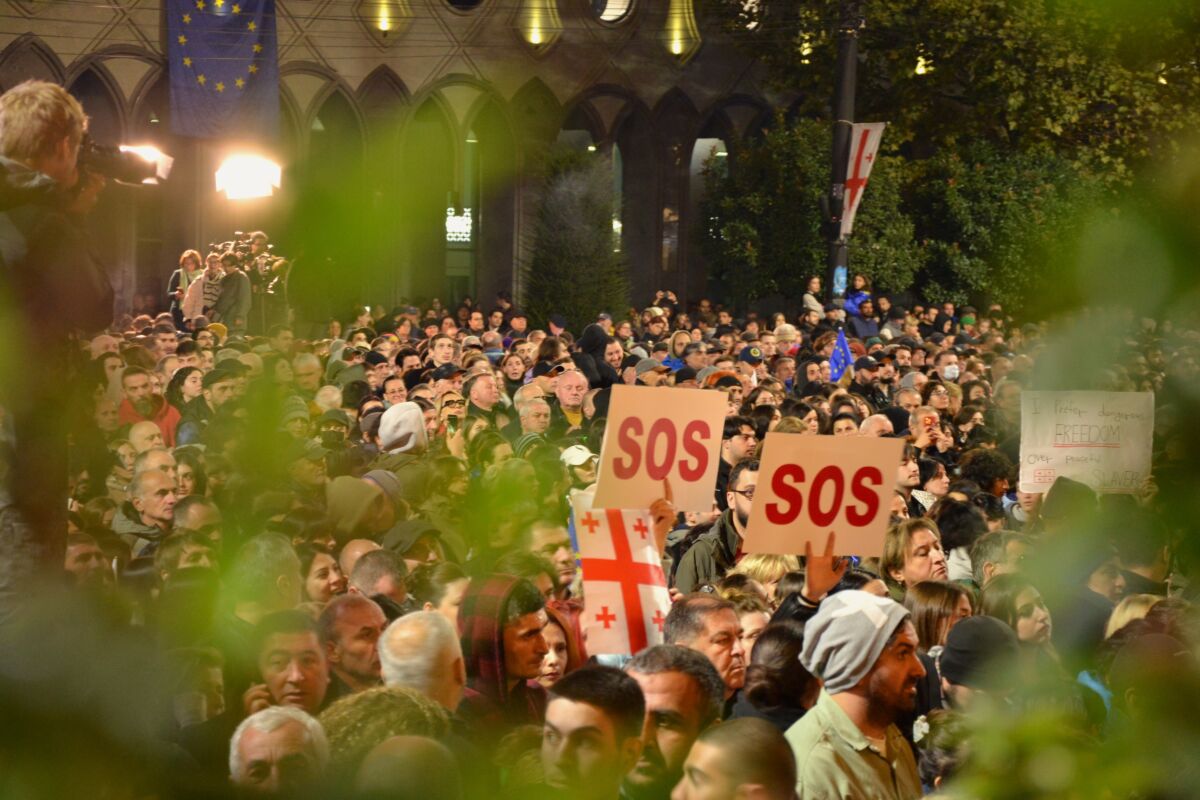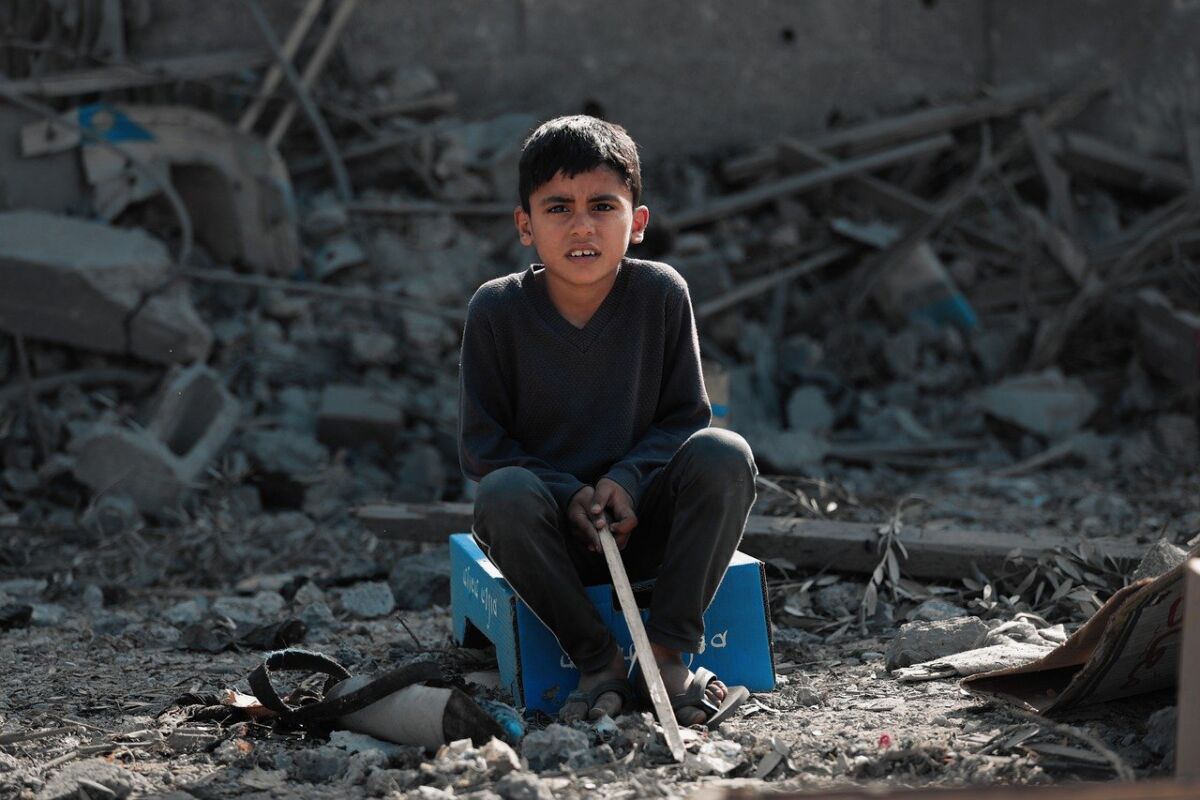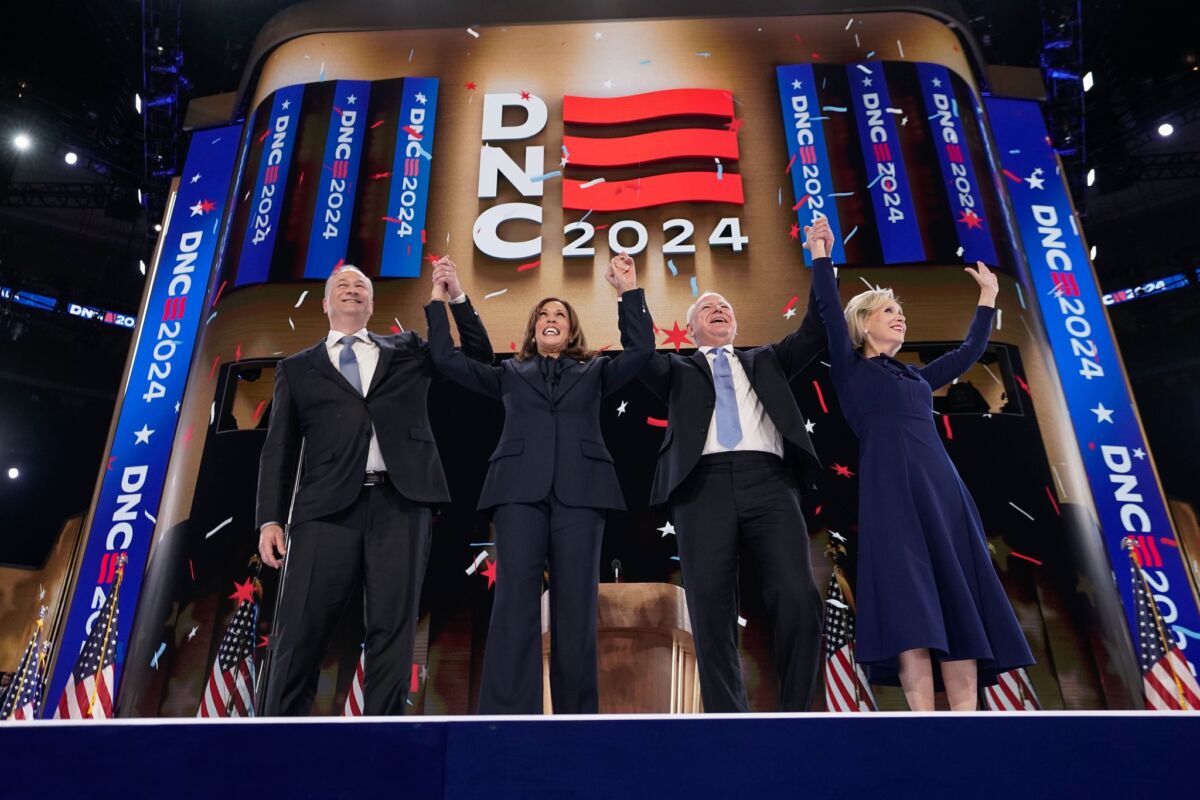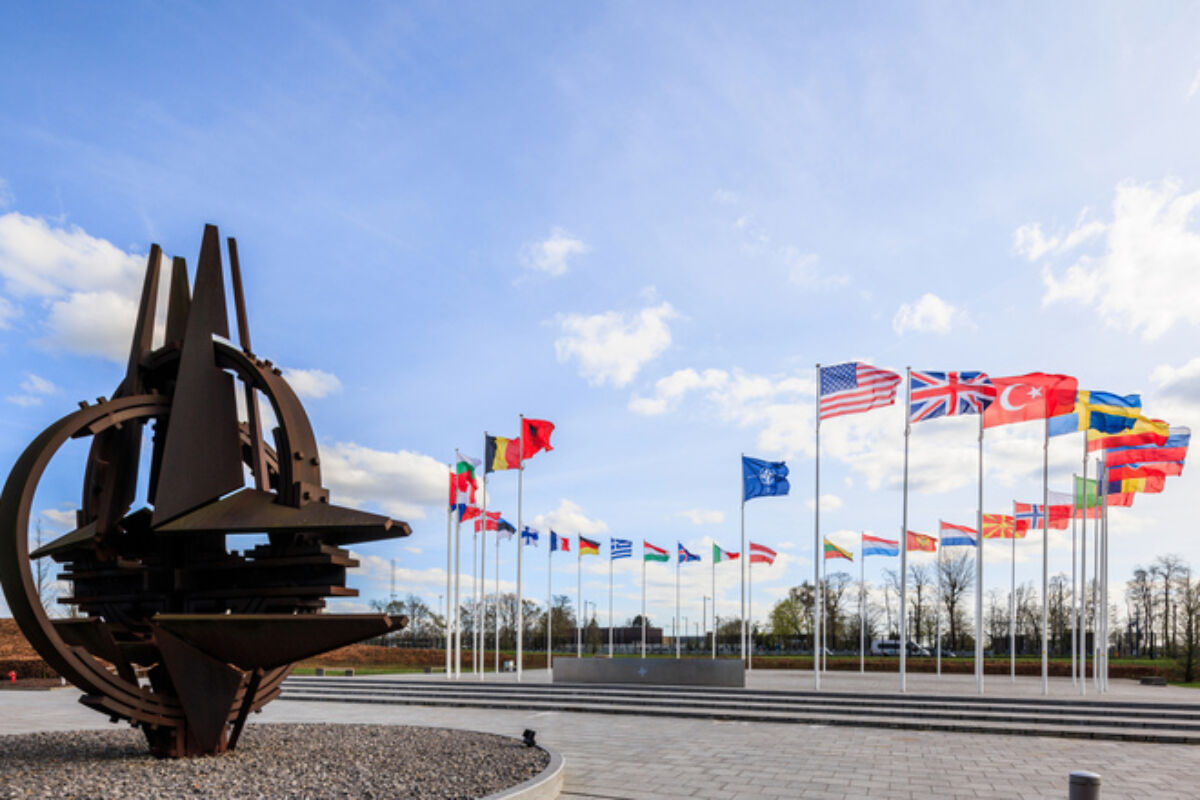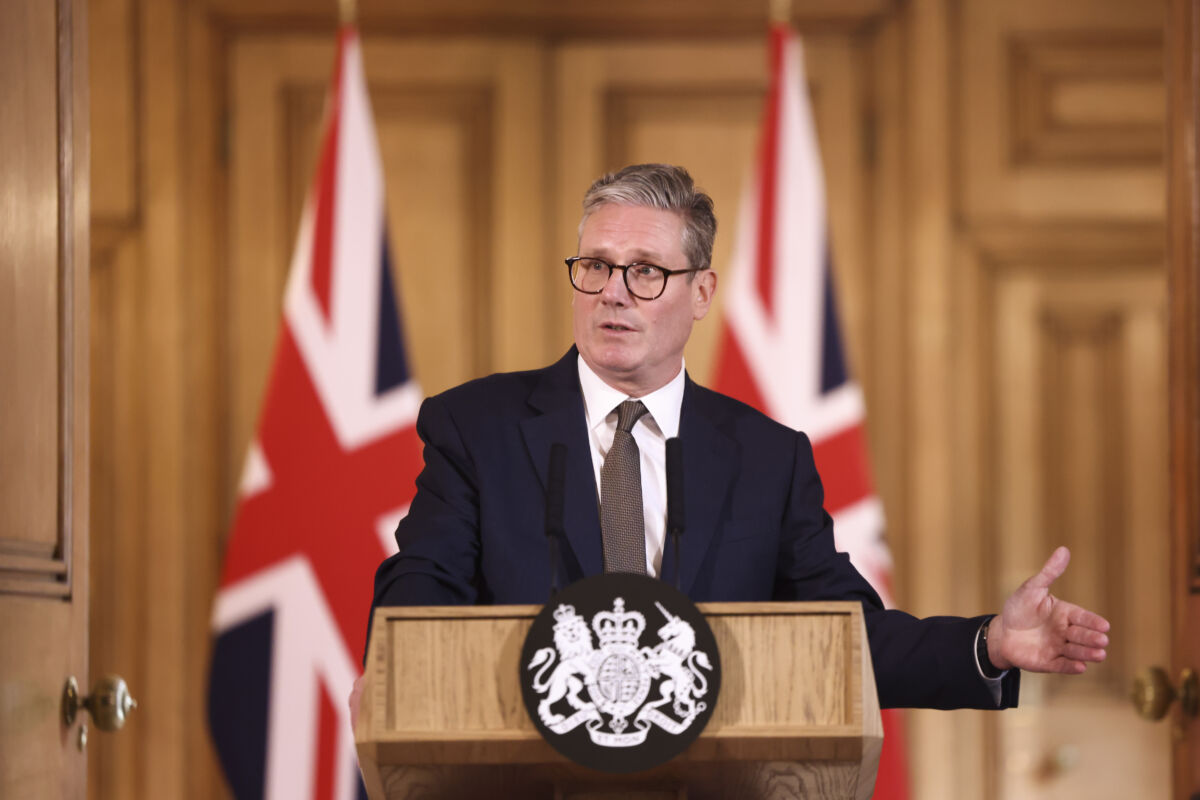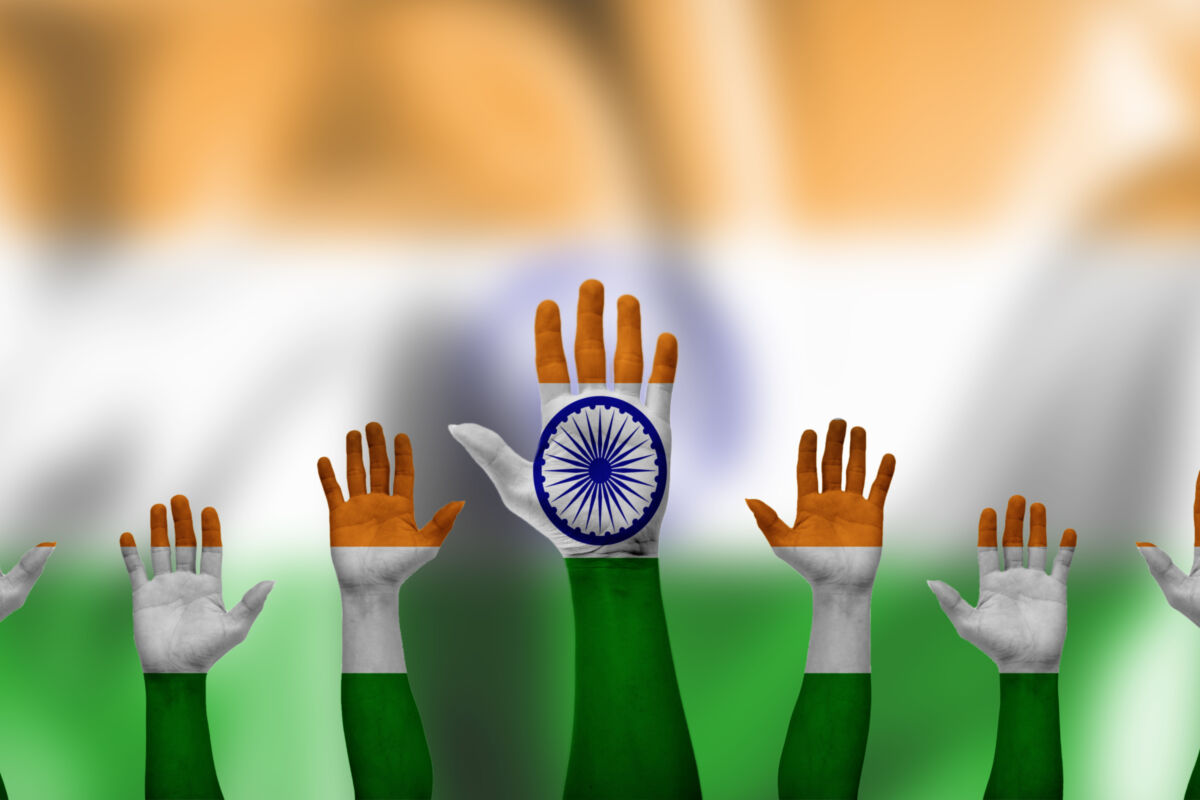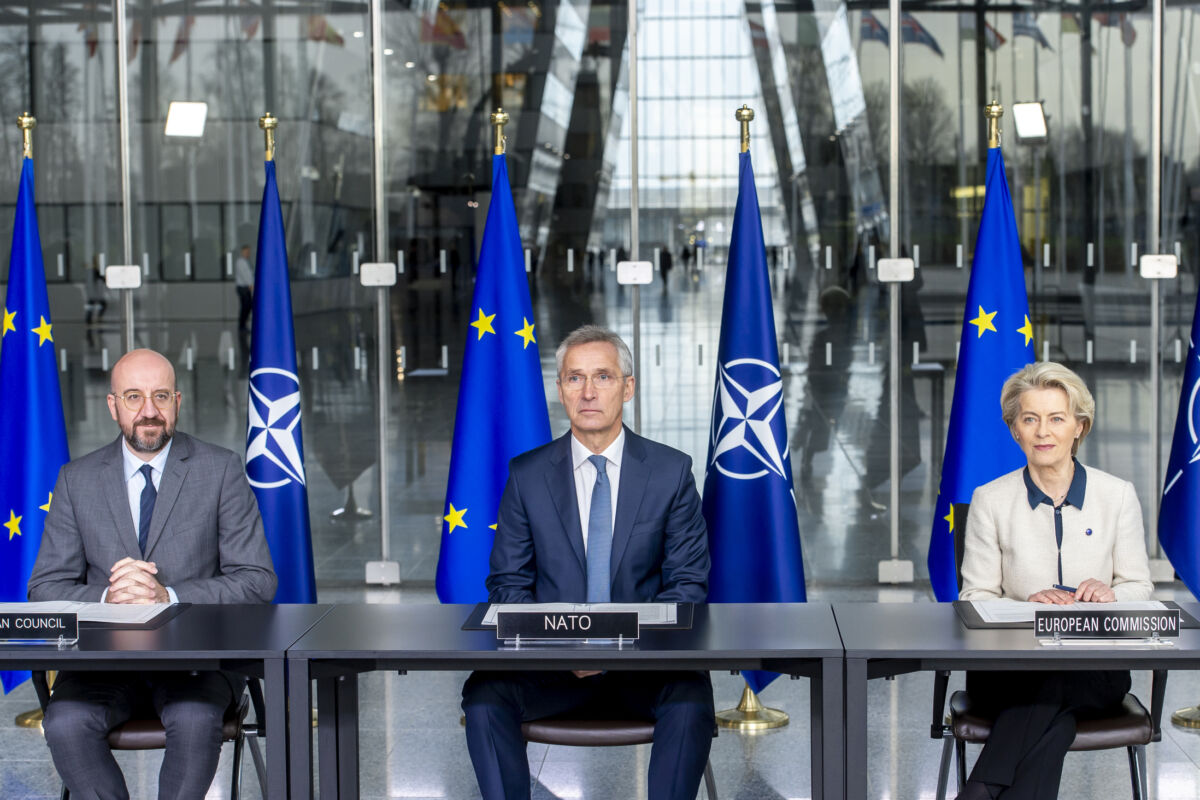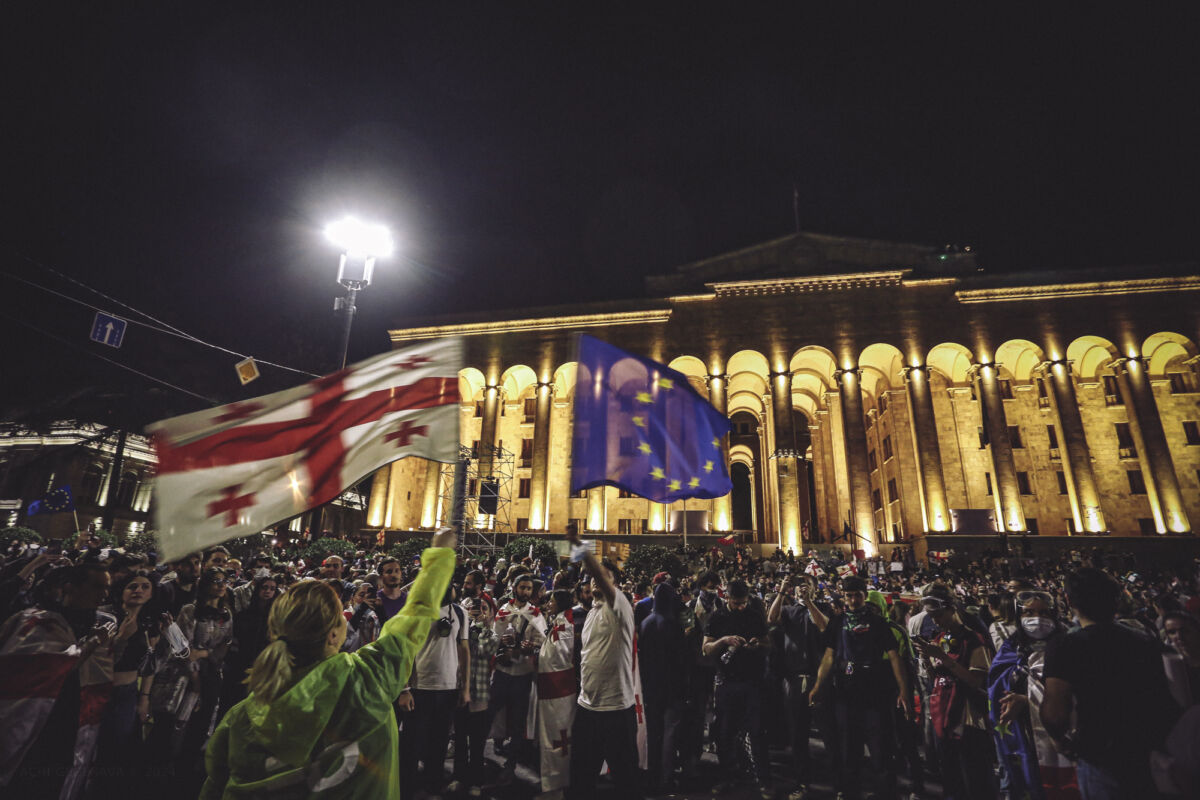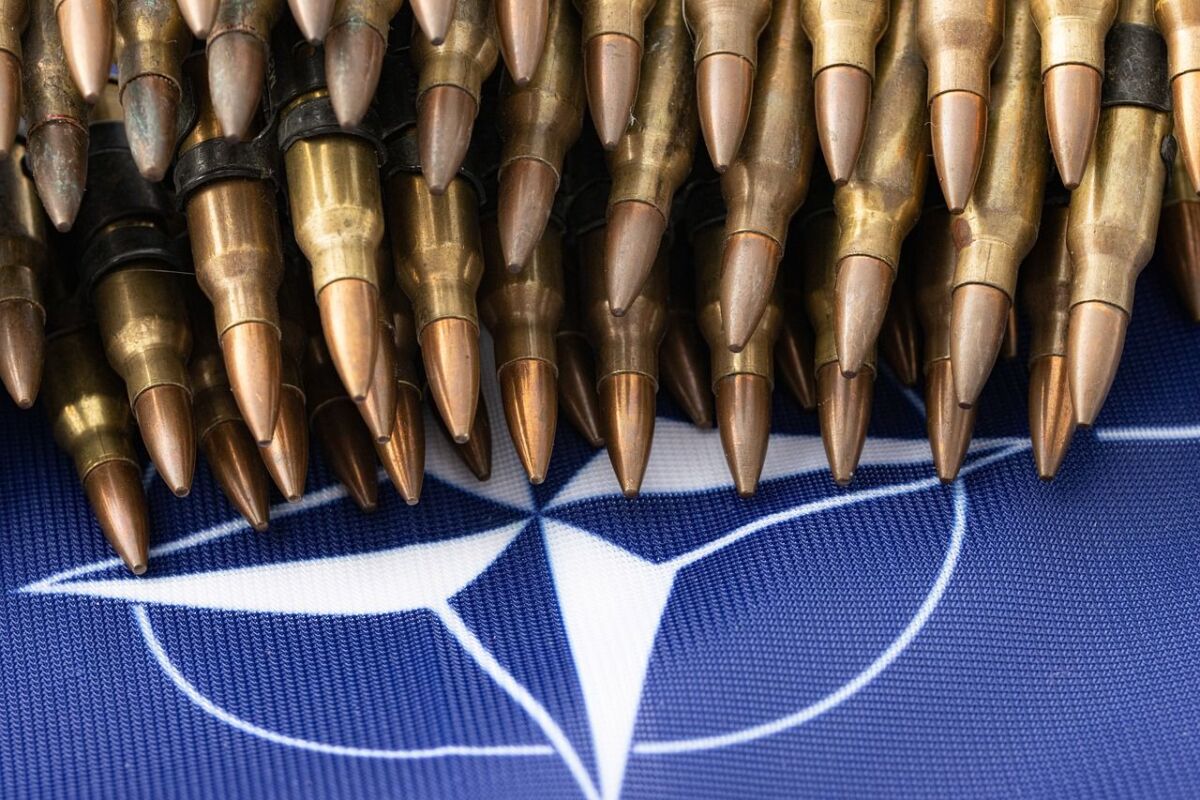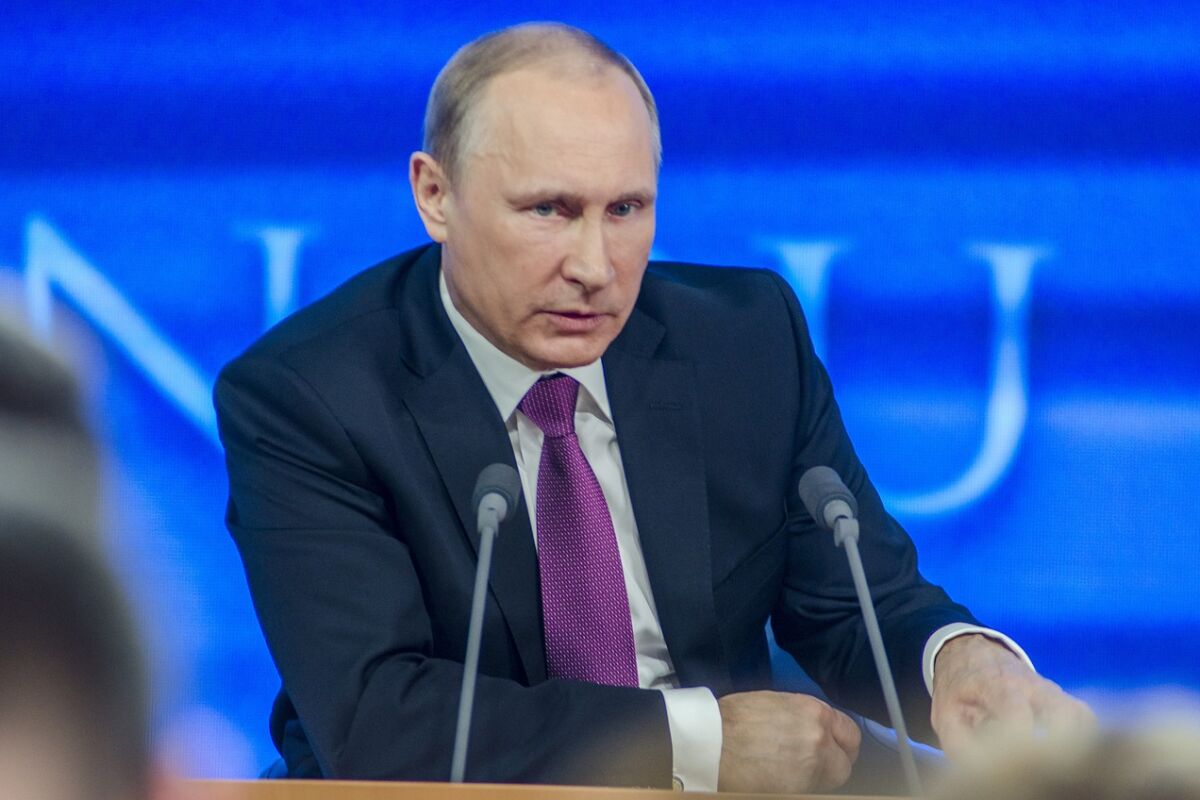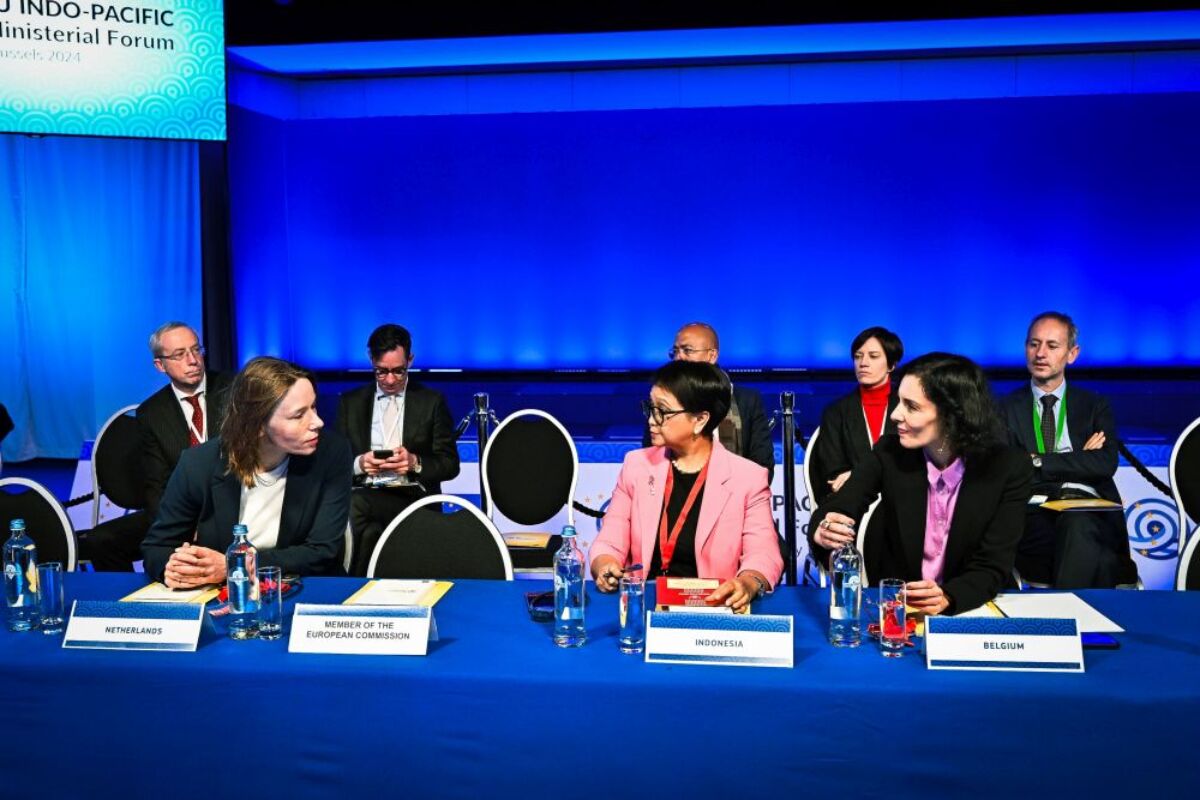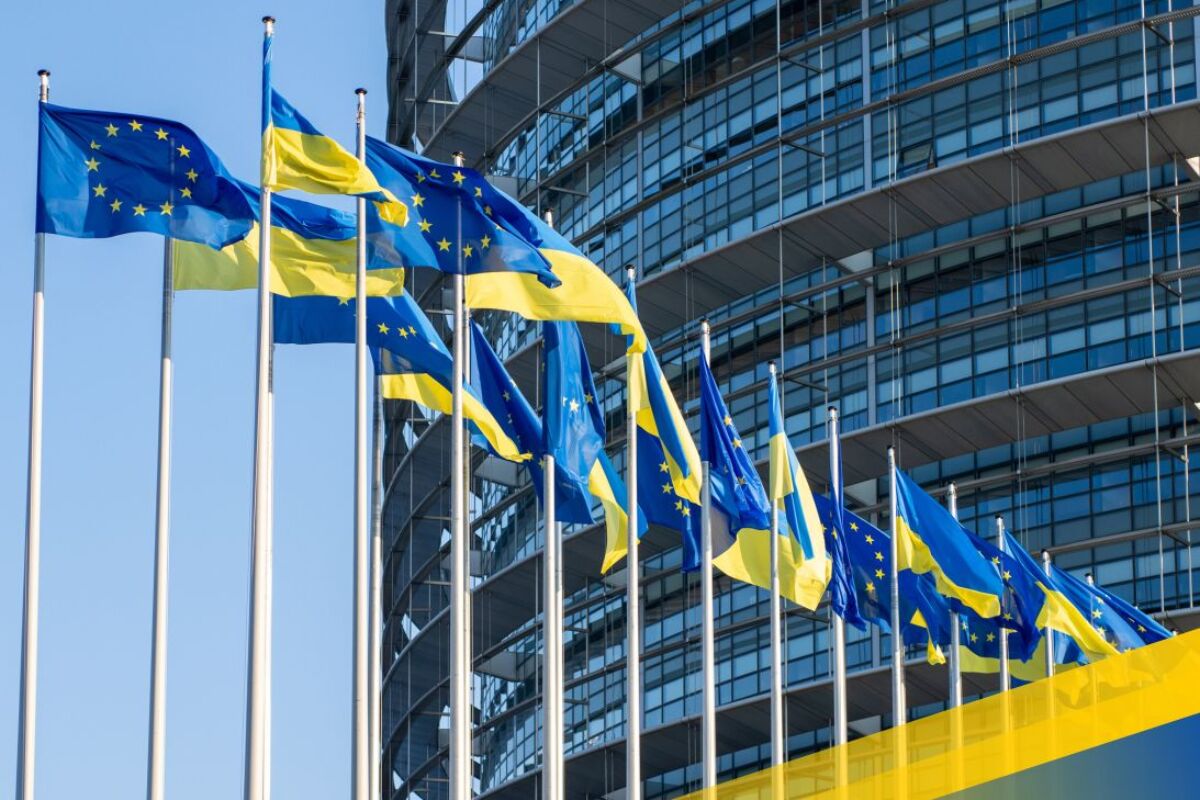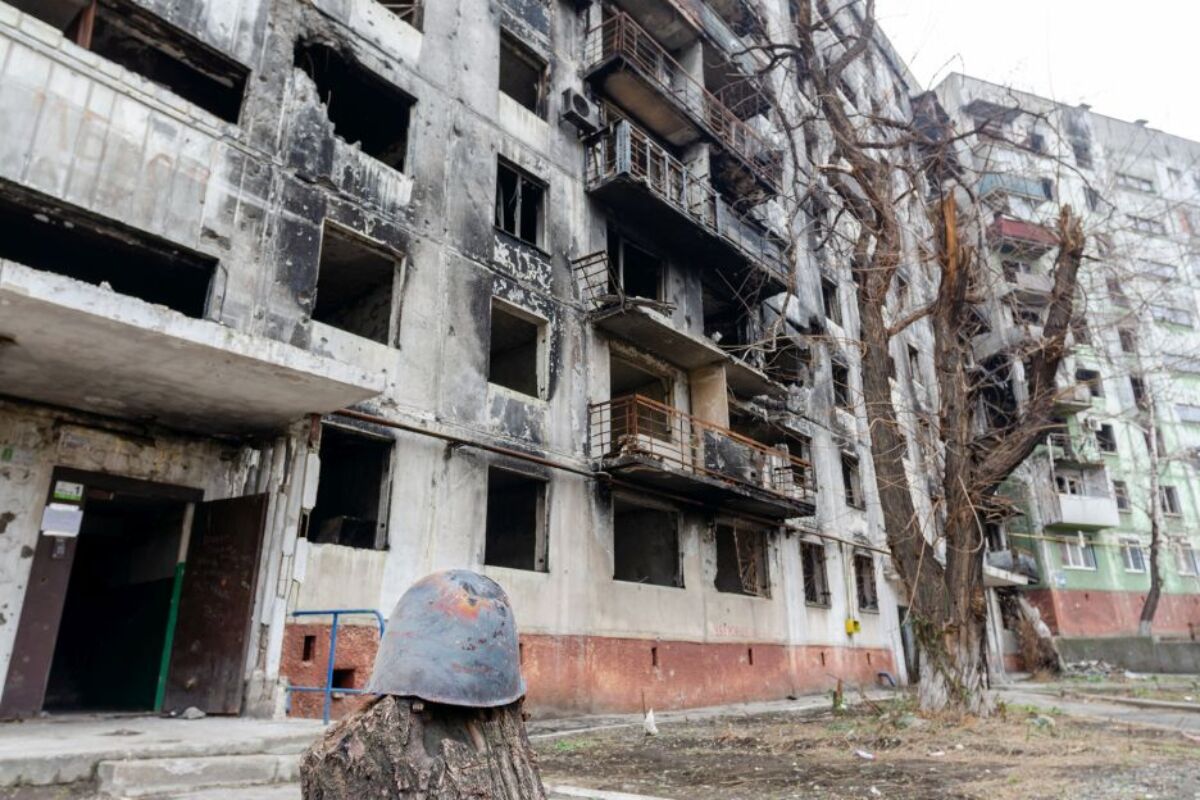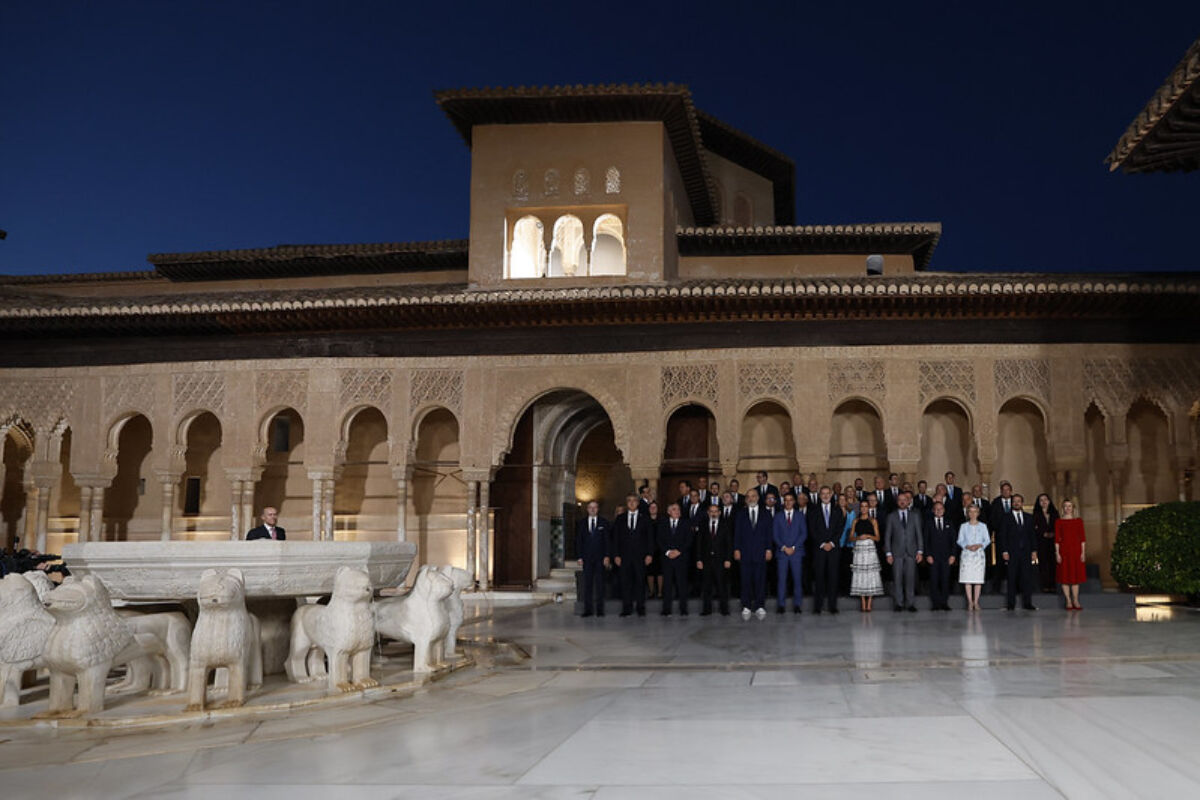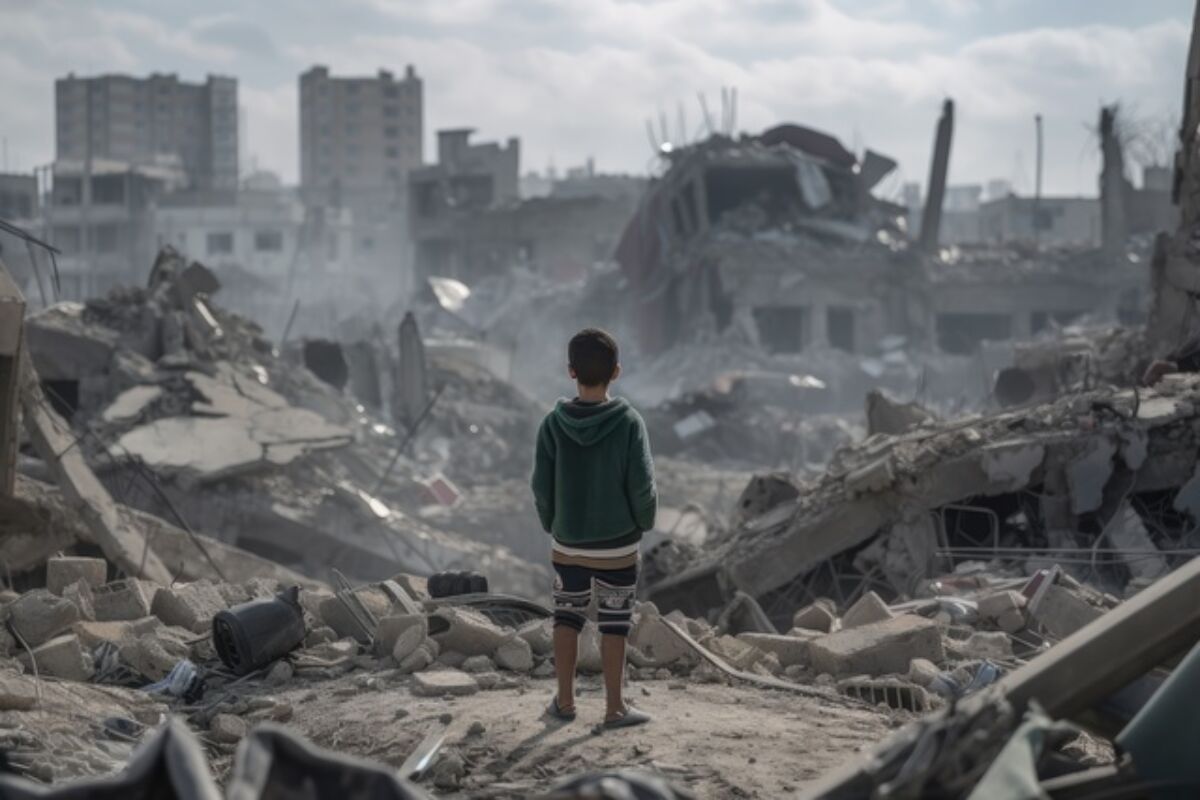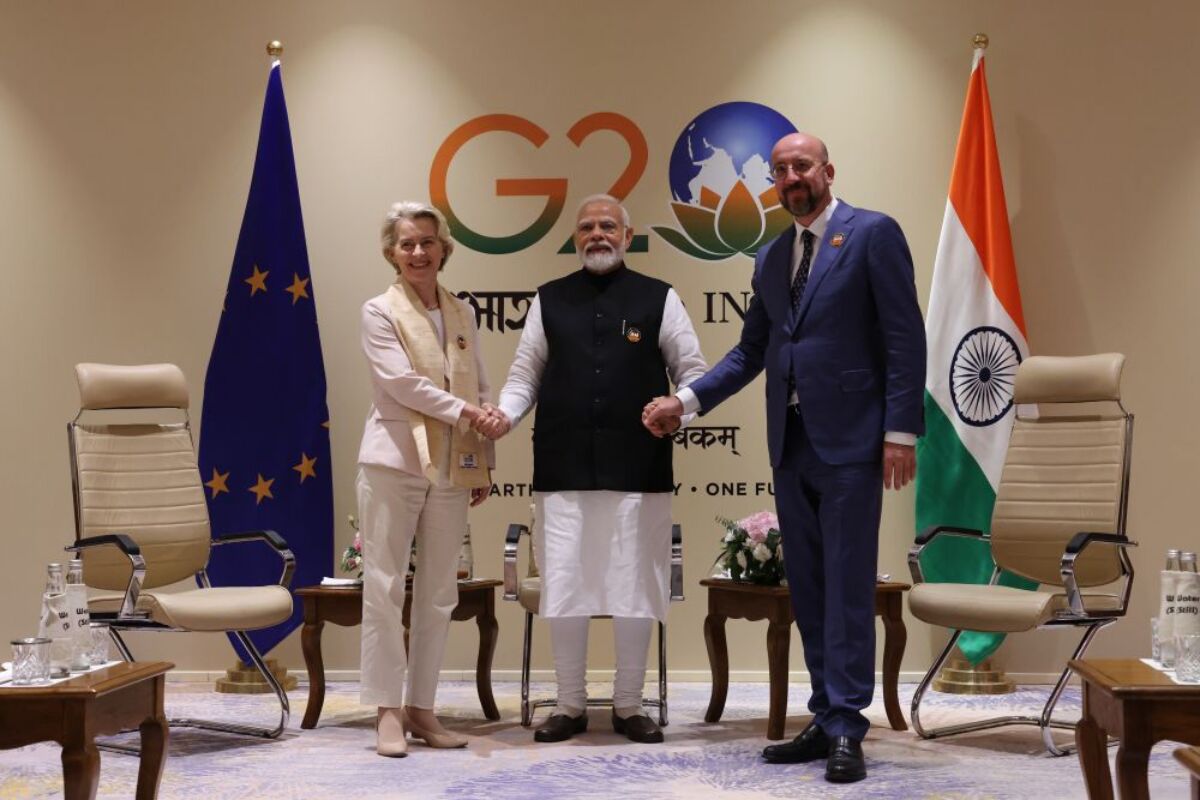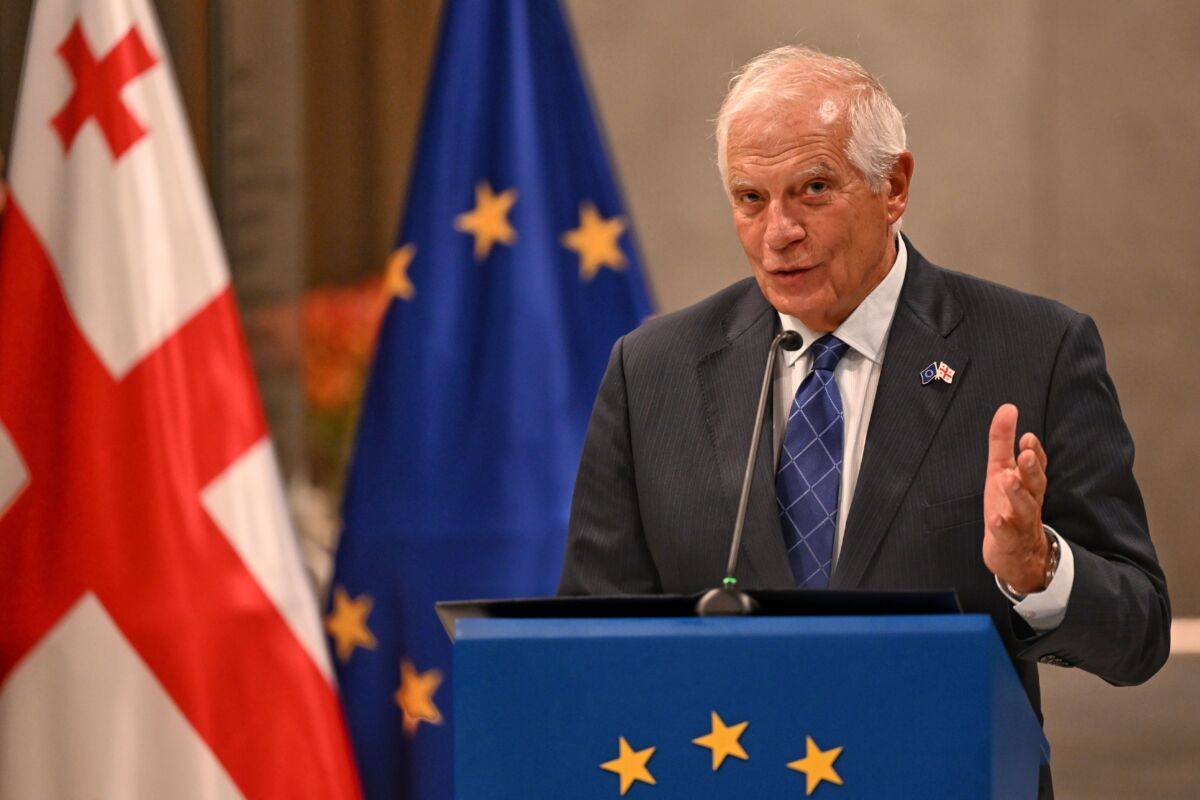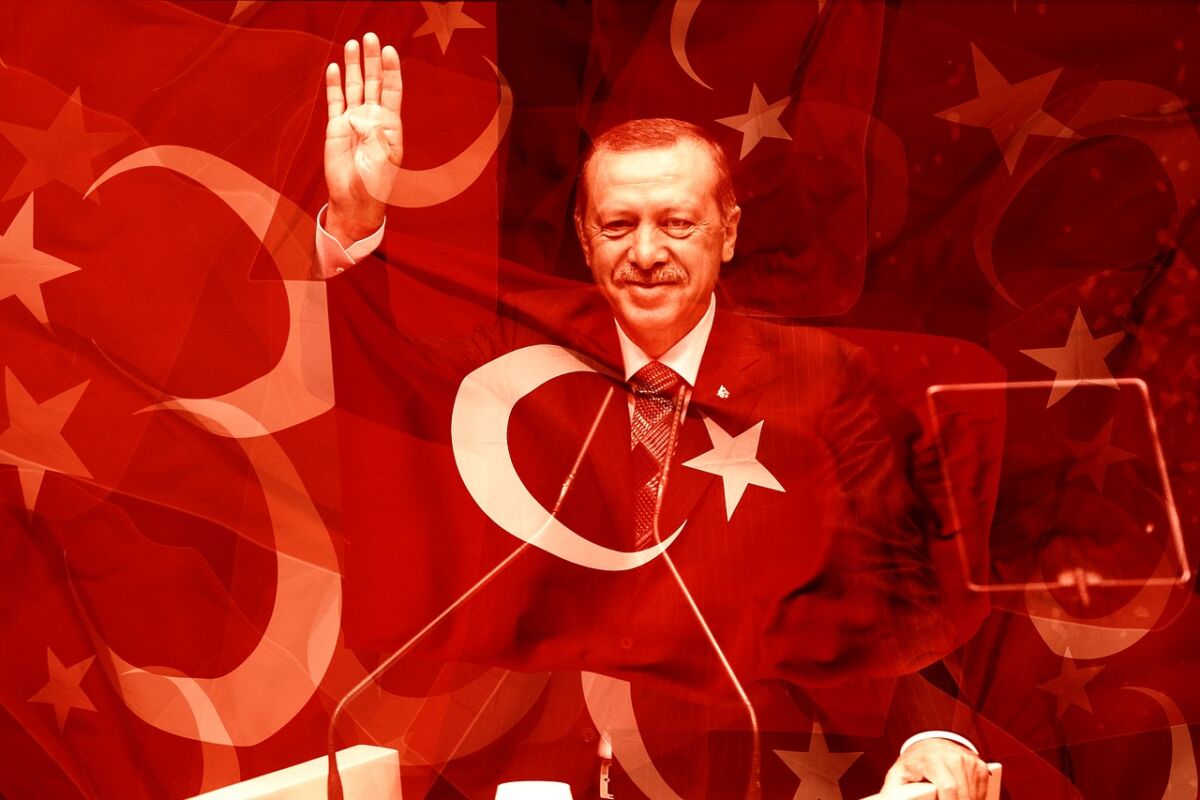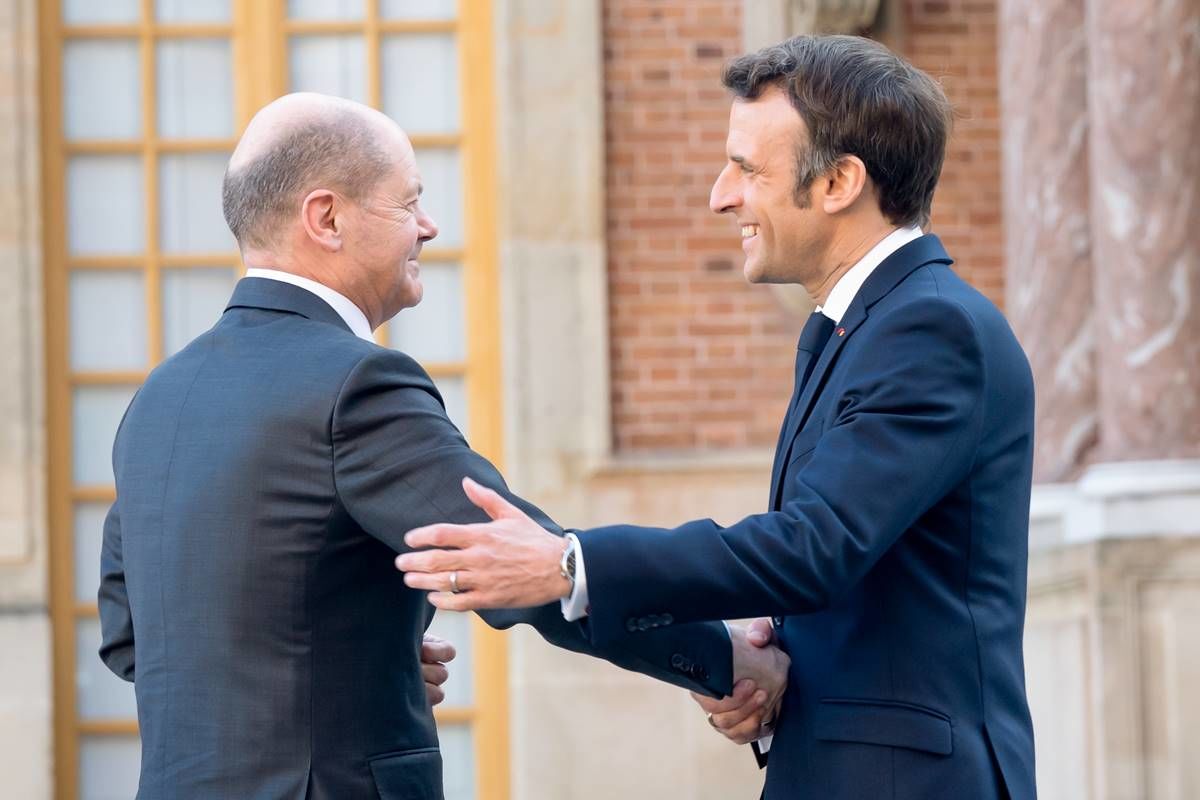75 years on from Israel’s creation, or in Palestinian terms the nakba (catastrophe), the Middle East finds itself mired in yet more violence. Deaths and casualties so far this year – most of them as usual on the Palestinian side – are higher than they have been since the second intifada ended almost twenty years ago. Talk of a third one is getting ominously louder. The EU could and should do more to help avoid such an outcome.
This is made all the more difficult by the government of Binyamin Netanyahu, which shows absolutely no interest in any kind of peace process. In contrast, two of its most prominent ministers are promoting aggression against the Palestinian population and the further expansion of illegal settlements in the occupied West Bank. Discriminatory legislation currently going through the Knesset, including jail terms for those flying the Palestinian flag, only makes things worse.
Both sides are also suffering a crisis of legitimacy. There is widespread internal dissent in Israel against the judicial reforms which threaten to undermine the country’s democracy – ironically referred to by some as an ‘Israeli Spring’ – while Palestinian President Mahmoud Abbas is unwilling or unable to countenance new elections, now overdue by more than a decade.
The significance of the conflict has also slipped down the international agenda in recent years as attention has turned to Ukraine, geopolitical concerns, and other regional conflicts. Lip service continues to be paid to the two-state solution, even though it is further away than ever.
Some, including in Palestine, now speak of a ‘one-state outcome’, though very few believe this is feasible. It is highly unlikely that Israel would be prepared to grant Palestinians living in Israel equal rights, especially given current demographic trends. When one thinks of the even worse situation of those living in the Occupied Territories it is not surprising that Israel is often referred to as an ‘Apartheid State.’
The key international player remains the US, the only country able to influence Israel. Any move towards peace depends crucially on the stronger party, and Israel holds most of the cards. To be fair, recent moves by the Biden Administration vis-à-vis Israel have been unusually critical – they have made clear their deep concerns about Netanyahu’s judicial reform and Netanyahu himself has yet to receive an invitation to the White House.
That said, the US is essentially joined at the hip with its Israeli ally. History and the continuing strong influence of the Jewish community and its supporters in the US play their part. And not least, their common security concerns – above all on Iran – are fundamental to the relationship. The US will only go so far in criticising Jerusalem.
As for the wider region, the ‘Abraham Accords’ with Bahrain, the UAE, Morocco and Sudan have to some extent modified the traditional unconditional support for the Palestinian cause by their Arab brethren. However, the aggressions meted out by the current Israeli government have stymied progress and the prospects for a similar agreement with Saudi Arabia.
Be that as it may, many Arab countries continue to have strong interests in developing trade, technological and defence cooperation with Israel, so long as they share Iran as a common enemy.
Elsewhere, China is raising its diplomatic profile in the region but shows little interest in any new Israeli-Palestinian peace initiatives. Most countries in the ‘Global South’ remain pro-Palestinian but have little influence in the region beyond supporting UN Assembly resolutions, and no-one expects Russia to get involved anytime soon… not that it would have much credibility even if it did.
Which leaves the EU.
For decades, the EU has been the main donor to the Palestinian Authority, although its financial commitment has begun to fade. Last year’s withholding of some of that aid, albeit temporarily, on the basis that Palestinian school textbooks were allegedly discriminatory towards Israel, also damaged Europe’s credibility in the eyes of Palestinians.
Politically, the EU has long been more ‘payer than player’ and has struggled to maintain common positions on the Middle East in the face of growing internal divisions among Member States, some of whom – notably Hungary, Austria and the Czech Republic – are staunch defenders of Israeli actions.
There are also signs of divisions within the EU institutions. High Representative Josep Borrell, along with the European Parliament, have frequently been critical of Israel and have consistently called for a revival of the peace process. Meanwhile, Commission President Von der Leyen in her April address marking the 75th anniversary of Israel’s creation gave a rather unbalanced message in which she lauded the Jewish State’s democratic credentials and economic achievements. It provoked a furious reaction in Palestine and around the Arab world.
These factors, together with the weak enforcement by some Member States of EU legislation restricting Israeli imports from illegal settlements, have added to the perception among Palestinians that the EU has been slowly but steadily tilting towards the Israeli side.
Looking ahead, so long as the present Israeli administration is in situ there seems little or no chance that any new peace initiative could succeed, and neither the parties nor international community appear to have the bandwidth for it. The rapidly decaying legitimacy of the Palestinian Authority also mitigates against any new peace moves.
Whether Netanyahu will weather the storms produced by the judicial reforms is anyone’s guess, but it may well be that Israelis will once again be headed back to the polls sooner rather than later. If this were to produce real change it might be possible to get back to seriously considering longer-term solutions.
In the meantime, the EU may not be able on its own to prevent a new conflagration, but it could do better (in close cooperation with its allies, particularly the Biden Administration) in aiding efforts to prevent it by ensuring coherence – not least within its own institutions.
Such messaging needs to unambiguously call out extremist violence and support the upholding of democratic rights of both Israelis and Palestinians. Finally, it may also help in countering accusations of double standards when promoting a common front in support of Ukraine’s heroic resistance against Russia.



